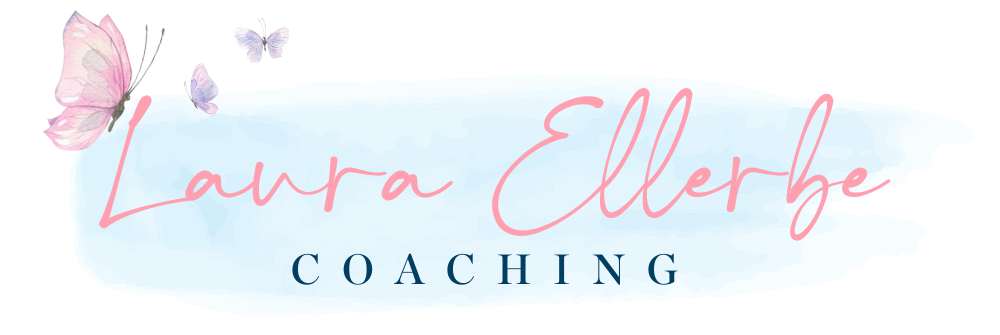Are you trying to be everything to everyone and struggling to grow your wellness business? You’re not alone. Many wellness entrepreneurs face the challenge of defining their niche, but the truth is, the more focused you are, the more successful you’ll be. Let’s dive into what it means to niche down, why it matters, and how you can find your perfect fit in the wellness industry.
What Does It Mean to Niche Down?
Niching down means narrowing your focus to serve a specific audience, solve a particular problem, or offer a specialized service. Instead of targeting “anyone who wants to be healthier,” you might focus on a smaller, well-defined group with unique needs.
Examples of niches in the wellness industry:
- Yoga for athletes recovering from injuries.
- Nutrition coaching for busy moms balancing work and family.
- Massage therapy for post-surgery recovery.
- Wellness retreats for corporate executives dealing with stress.
When you niche down, you’re not limiting your opportunities–you’re creating a space where your expertise shines.
Why Niching Down Matters
Focusing on a specific niche offers several advantages that can help your wellness business thrive:
- Attract the right Clients
When you’re clear about who you serve, your message resonates deeply with the people you’re meant to help. Instead of trying to appeal to everyone, you’ll connect with clients who value and need your unique skills.
2. Stand Out in a Crowded Market
The wellness industry is competitive. By specializing, you position yourself as the go-to expert in your field. This not only helps you stand out but also builds credibility and trust.
3. Build Stronger Client Relationships
Serving a specific audience allows you to understand their needs on a deeper level. This creates stronger connections and helps you deliver better results, leading to loyal clients and referrals.
4. Increase Revenue
Targeted marketing is more effective and cost-efficient. When you focus on a niche, you’ll spend less time and money attracting clients who are already aligned with your services, ultimately boosting your bottom line.
How to Find Your Niche
Ready to niche down? Follow these steps to discover the perfect focus for your wellness business.
- Identify Your Passion and Expertise
Start by reflecting on what you’re truly passionate about and where your expertise lies. Ask yourself:
- What aspects of wellness excite me the most?
- What skills or knowledge do I excel in?
- What unique experiences can I bring to my business?
Example: A massage therapist passionate about helping breast cancer survivors might specialize in lymphatic drainage or lymphedema therapy.
2. Understand Your Ideal Client
Think about the type of people you enjoy working with and who would benefit most from your services. Consider their:
- Age
- Gender
- Lifestyle
- Specific challenges or goals
Example: A nutrition coach might target women in their 40s struggling with hormonal changes and weight management.
3. Solve a Specific Problem
Clients seek solutions to their pain points. Identify the problems your audience faces and position yourself as the expert who can solve them.
Example: A wellness coach could focus on helping busy professionals incorporate mindfulness into their daily lives to reduce stress.
4. Evaluate Demand
Before committing to a niche, ensure there’s a market for your services. Research trends, survey potential clients, and analyze competitors to gauge interest and demand.
5. Experiment and Adapt
Don’t be afraid to test your niche and refine it as you go. Work with a few clients, gather feedback, and make adjustments to better meet their needs.
Examples of Niches in the Wellness Industry
Here are a few niche ideas to inspire you:
- Prenatal yoga classes for expecting mothers
- Corporate wellness programs for improving employee productivity and morale.
- Meal planning services for families with dietary restrictions.
- Stress management coaching for individuals recovering from burnout.
Overcoming the Fear of Going Too Niche
It’s natural to worry that narrowing your focus might limit your opportunities. But here’s the truth: A smaller, well-defined audience can be far more profitable than trying to appeal to everyone. When you’re specific, you’ll attract clients who are willing to pay for your expertise.
Conclusion
Finding your niche is a journey, not a destination. It takes reflection, research, and a willingness to adapt. By focusing on a specific audience or problem, you’ll position yourself as an expert, attract the right clients, and create a thriving health and wellness business.

